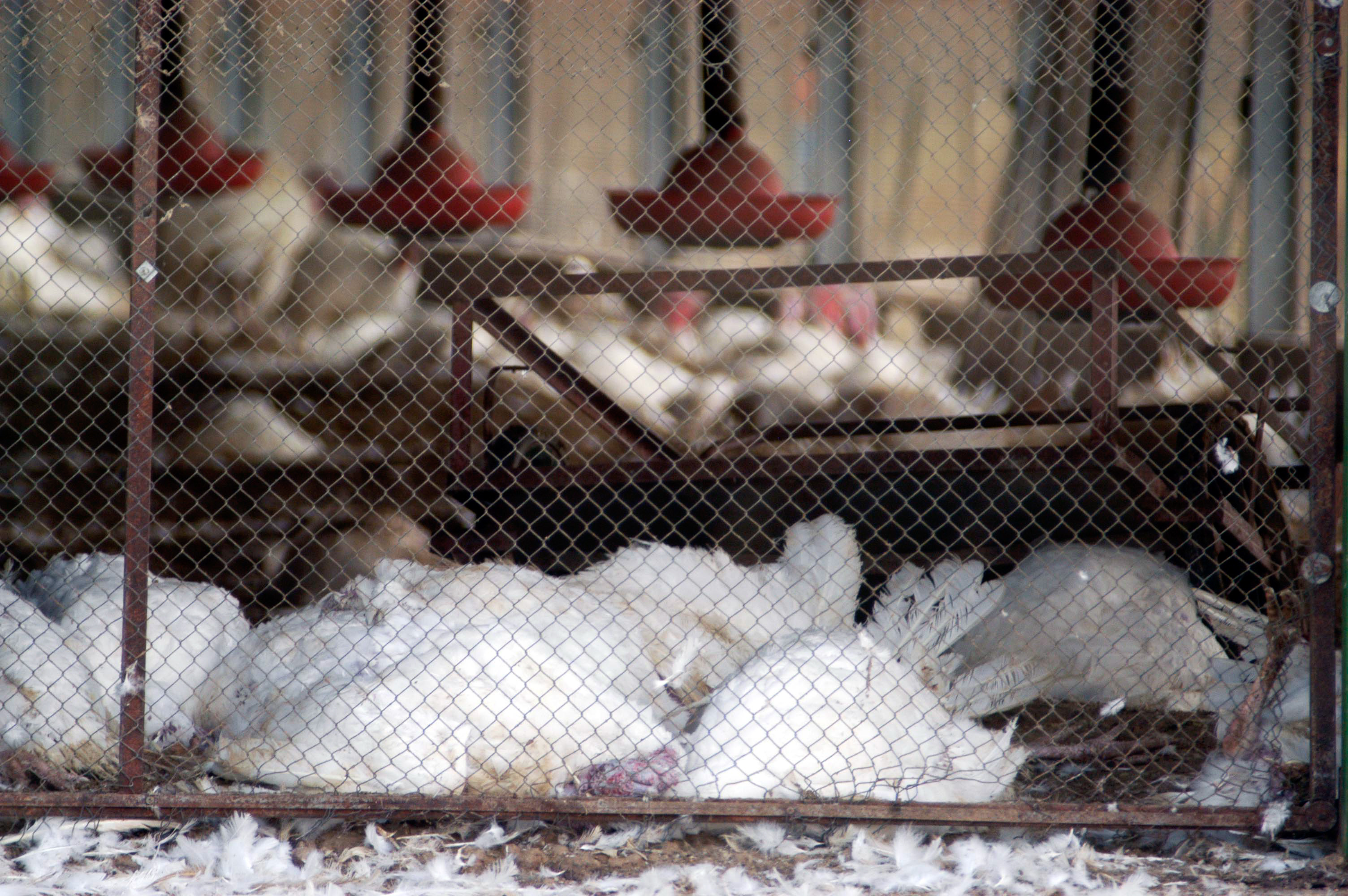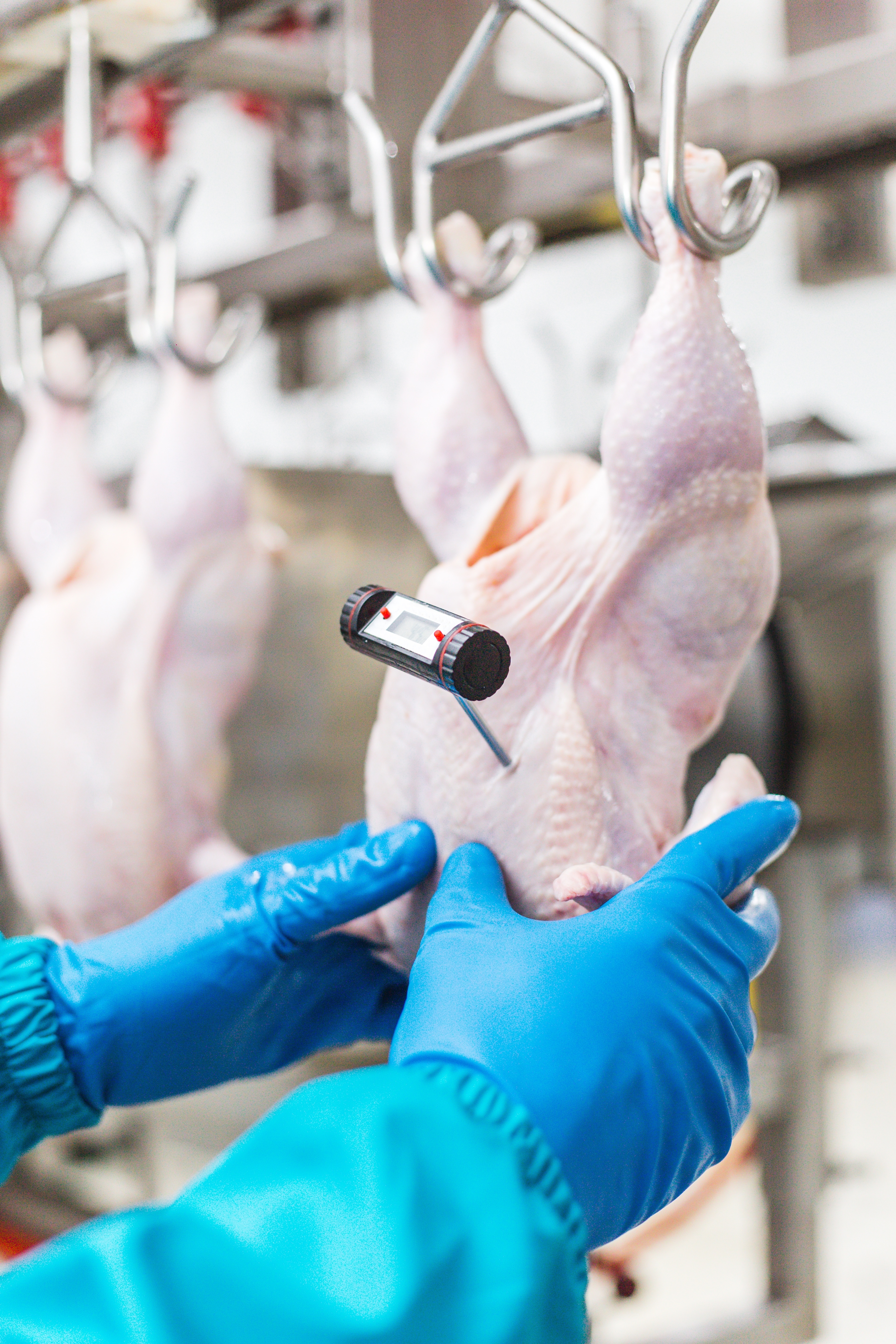



IPC stresses that poultry meat is safe to eat amid H5N8 outbreaks
The International Poultry Council is reassuring consumers that poultry meat is safe to eat after Russia reports H5N8 infections in poultry workers.In the wake of news reports that seven workers at a poultry farm in Russia are the first humans to be infected with the H5N8 strain of avian influenza, the International Poultry Council believes it is important to reassure consumers that poultry meat is safe to eat.
Avian influenza is a known potential zoonotic disease and there are internationally established measures in place that ensure food safety and the proper handling and cooking of poultry, as well as worker safety and biosecurity. Further, diseased poultry should not enter the food supply.

In Russia, authorities responded promptly to the incident, implementing measures to protect humans and animals and to minimise risks, ensuring that the situation did not progress. All seven people affected are in good health and the clinical course of the disease was very mild, authorities confirmed. The Russian Head of the Federal Service for Surveillance on Consumer Rights Protection and Human Wellbeing also stated that the WHO (World Health Organisation) has been notified, according to normal protocol.
Based upon scientific understanding of avian influenza, chicken and other poultry products are safe to eat if cooked properly, according to the United Nations Food and Agriculture Organisation (FAO) and the World Health Organisation (WHO). No birds from flocks with the disease should enter the food chain, they note, and consumers can remain confident in the safety of poultry meat and in the efforts of the poultry industry to guarantee safety and security for its customers.

The poultry industry, in coordination with government authorities, continuously monitors and seeks to identify avian influenza risks early. These risks are in part due to exposure to virus-positive wild animals. As in this case, immediate actions are taken to identify the specific strains. These ongoing efforts control the spread of the disease. Moreover, biosecurity measures implemented by the industry minimise the risk of transfer the disease.
Furthermore, the scientific literature shows unequivocally that avian influenza is not a food safety issue. Chicken meat is nutritious and safe; consumers must only cook and prepare it properly, following the normal rules of hygiene.
In certain rare situations, individuals who have frequent and prolonged contact with poultry species — mainly people working in the sector — have become infected with the avian influenza virus, as occurred in this case. This accidental infection is self-limiting because the infected person is unlikely to pass the virus to anyone else.
Governments and industry monitor specifically for the potential transfer of avian influenza to humans, and act accordingly to eliminate such risks. And, as noted here, the virus cannot be transferred from one human to another. Consumers can therefore be assured that properly cooked poultry is safe to eat.









